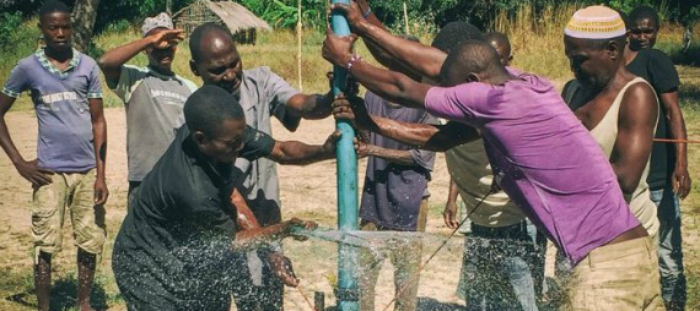
Water Conservation: Saving Water and Preventing Wastage
Water is the bloodline of our planet. It grows our food, fuels our industries and sustains our agriculture. Living with access to fresh, clean water can create the illusion of an infinite natural resource, however this is not the case. ‘The Blue Planet’ is made up of 70% water, carrying a fresh water percentage of roughly 2.5%, with an approximate 30.1% of this being made up of groundwater and 1.2% being surface water. Furthermore, a great deal of this surface water is locked up in ice caps or glaciers, with a very small percentage being made up from rivers where humans obtain most of their water (https://water.usgs.gov/edu/earthwherewater.html, 2017).
Studying figures such as these, it is clear to see that fresh water is already limited and in short supply on earth. Pollution, climate change and over-extraction for agricultural and manufacturing purposes are a few key factors that are creating a significant strain on our water resources, furthering a lack of clean, fresh water to sustain our growing population.
We want to talk about conscious water usage and why, for the sake of generations to come, it’s vital we manage our water consumption. This includes: within our homes, our travel, the chemicals we use and the industries we support. “By 2025, half of the world’s population will be living in water-stressed areas” (WHO, 2017). It is obvious that we need to begin managing water conservation now and cannot ignore the reality that lies ahead. It begins with the smallest changes in the habits of our everyday lives to create the largest impact that will sustain this vital natural resource.
In an average daily schedule, consider your own individual water footprint; washing, rinsing, flushing and cooking. These are everyday tasks that can add up to hundreds of litres of water, many of which are wasted depending on how efficiently they are managed. The largest amount of water usage in the home comes from long showers and full baths, followed by taps and then toilets. Begin by considering the length of running water and the amount of it; take shorter showers, don’t leave taps running and don’t use the toilet as a bin which results in excessive flushing. Making a conscious effort to reuse water can also minimise water wastage, including any water used for cooking or rinsing or old drinking water. Consider every element of water you use as an individual commodity and aim for improvement.
Considering chemical usage is also key in managing water contamination. Pouring chemicals down the sink such as oil, pharmaceuticals and cleaning products continue through the waste water system and can often flow back into surface and groundwater without treatment. Dispose responsibly and don’t use the sink as a rubbish bin for chemicals.
We are the impact of future generations; begin conserving water to reduce energy and preserve this natural resource today.